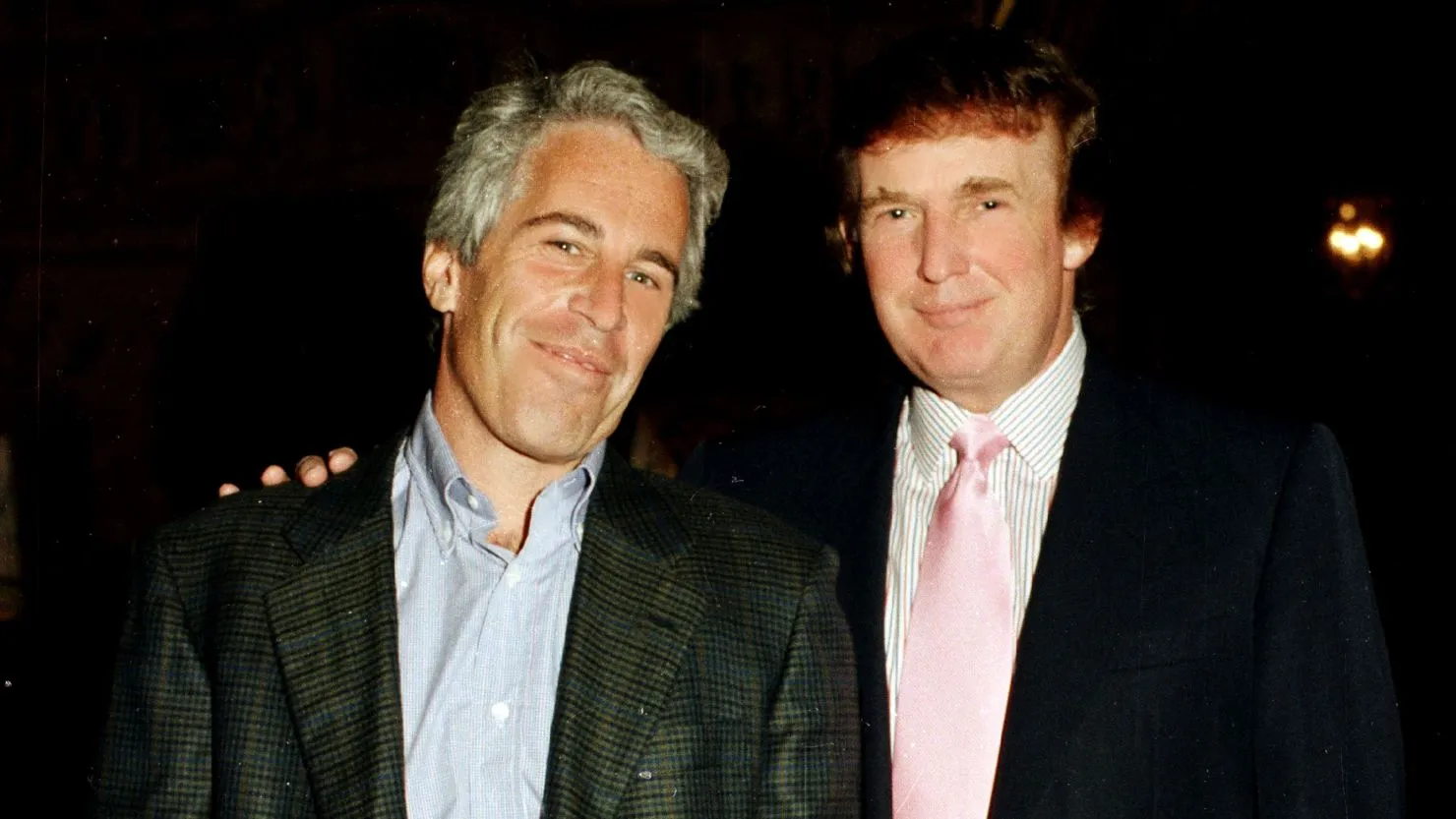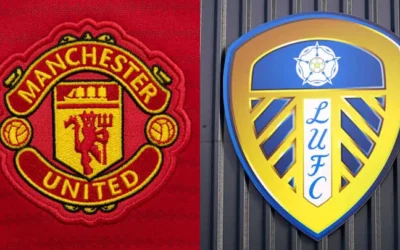Introduction
The relationship between Donald Trump and Jeffrey Epstein has always been a subject of intense speculation and controversy. Epstein, a convicted sex offender and financier, was known for his association with numerous high-profile figures, including politicians, celebrities, and business magnates. Recently, the Department of Justice (DOJ) announced that there was no concrete evidence of a ‘client list’ related to Epstein or that he had systematically blackmailed any of his associates. This revelation raises several pressing questions about the connection between Trump and Epstein, and the political implications that stem from their association. Here are four significant questions that delve into this complex relationship.
1. What is the nature of Trump and Epstein’s relationship?
The friendship between Donald Trump and Jeffrey Epstein dates back to the late 1990s when they were seen attending social gatherings in New York and Palm Beach. Both figures were part of the elite social circles, and while Trump has downplayed their relationship, claiming he barely knew Epstein, there are numerous photographs that complicate this narrative. Former employees and acquaintances have described instances where the two were seen socializing; this raises eyebrows about the extent of their interactions.
Trump has often said that he distanced himself from Epstein once he became aware of Epstein’s illegal activities. However, media recordings and testimonies suggest otherwise. A notorious 1992 clip of a party where Trump, Epstein, and other socialites were present raises questions about whether Trump was genuinely unaware of Epstein’s predatory behavior. The ongoing nature of this relationship remains a focal point in examining the credibility of Trump’s claims.
2. What do the DOJ’s findings mean for Trump?
The DOJ’s recent assertions that they found no evidence of a ‘client list’ or any indications that Epstein was blackmailing his associates can be interpreted in several ways. Firstly, it hints at the possibility that the widespread speculations about a series of powerful figures being compromised or entangled with Epstein’s illicit activities may not have physical proof backing them. This finding could lead to diminishing the narrative that Trump’s affiliations with Epstein could have had direct political repercussions.
However, the absence of evidence does not equate to the absence of involvement. Trump’s past remarks, his initial associations, and his retorts to the media about Epstein provide enough fodder for inquiries. Demonstrating the DOJ’s findings may also serve Trump politically, suggesting that the allegations against him are unsubstantiated, thus allowing him to rally his supporters, particularly as he campaigns for another term in office.
3. How should Trump’s past comments about Epstein be interpreted?
In multiple interviews over the years, Trump made seemingly ambiguous comments about Epstein, highlighting his social predilections. One notable remark was his acknowledgment of Epstein as someone who enjoyed entertaining young women but downplaying it by saying he ‘wasn’t like that’. Trump’s characterization of Epstein as someone who had a penchant for ‘meeting people’ raises questions about his understanding of Epstein’s darker exploits before they became widely known.
This inconsistency creates a narrative tension: did Trump turn a blind eye to the rumors surrounding Epstein, or did he know more than he was willing to admit? The fact that Epstein was frequently mentioned in the same breath as high-profile scandals begs the question of whether Trump’s casual dismissals were heartfelt or a clear attempt to sidestep accountability.
4. What implications does this have for Trump’s political future?
As allegations surrounding powerful individuals and Epstein continue to surface, the political ramifications for Trump could evolve over time. While the DOJ’s current findings seem to clear him of any direct involvement in illegal activities connected to Epstein, perceptions can have a substantial impact on his political capital.
For Trump’s supporters, the DOJ’s statement may serve as a rallying point, reinforcing the narrative that media-driven accusations have targeted Trump without merit. Nevertheless, the lingering stigma around Epstein means that Trump’s association with him will likely continue to haunt him, especially since some voters attribute character judgments to ethical allegations. The challenges for Trump lies in addressing the specters of his past while keeping his base mobilized and enthusiastic for another presidential run.
Conclusion
In a political climate charged with sensational allegations and conspiracy theories, the complexities surrounding Donald Trump and Jeffrey Epstein’s relationship demand careful examination. The recent DOJ findings may provide a temporary reprieve for Trump, but questions about his association with Epstein and the broader impact on his political capital remain salient. As public interest endures and investigations continue, the narrative surrounding Trump and Epstein is far from over.
As voters weigh their opinions ahead of the 2024 elections, understanding this relationship will be crucial in shaping the overall sentiment towards Trump’s candidacy. Political dynamics are ever-changing, and the realities of Trump’s past associations will continue to play an essential role in the unfolding political theater.







